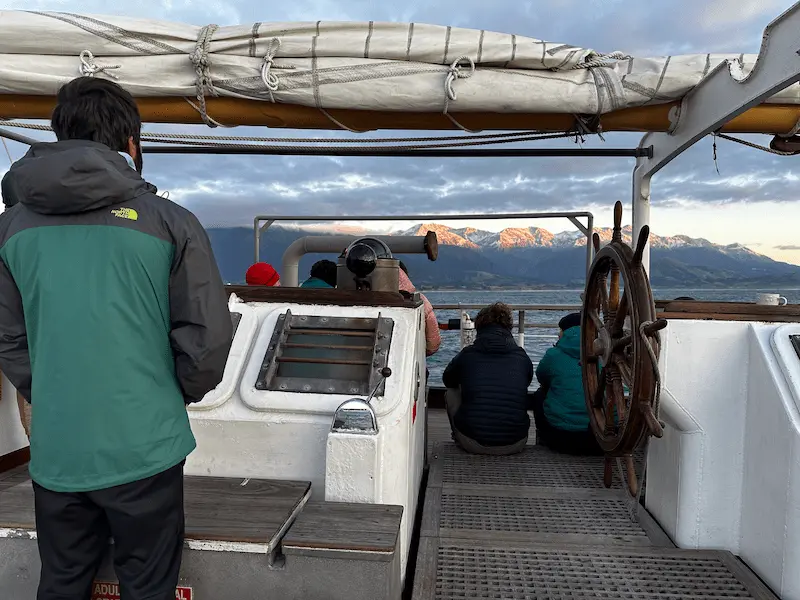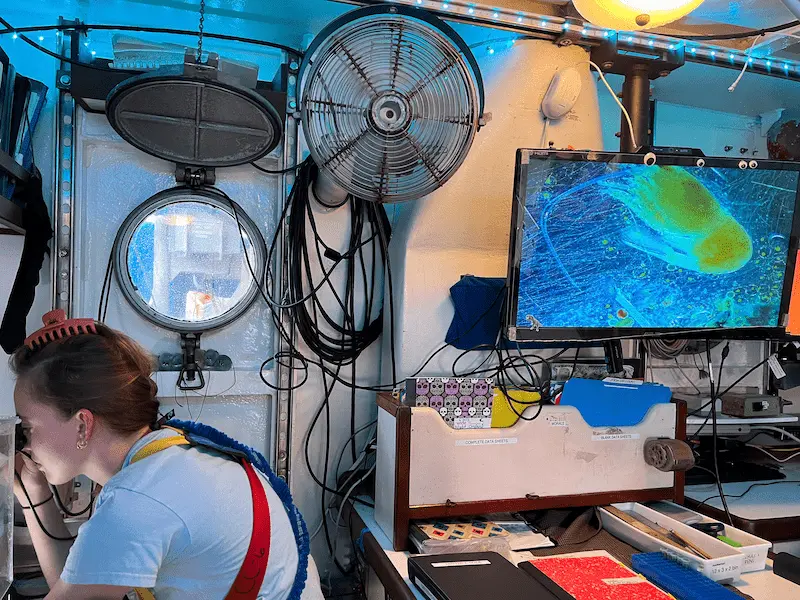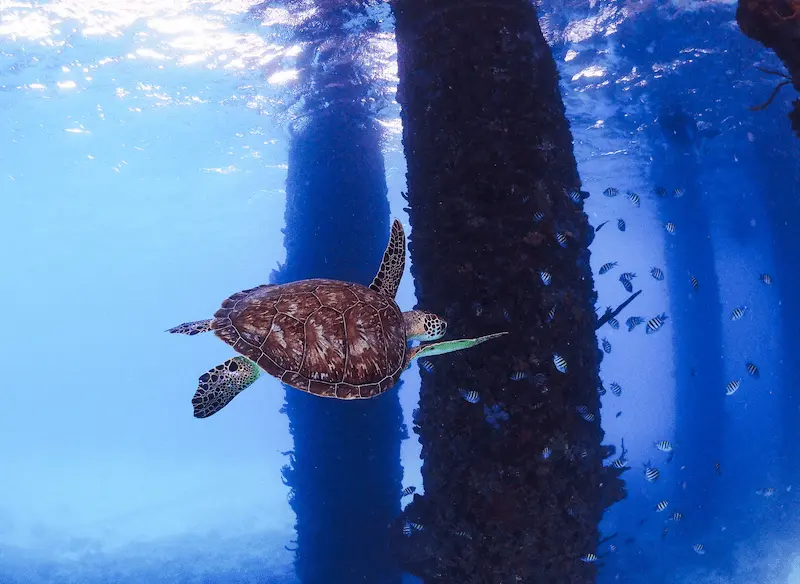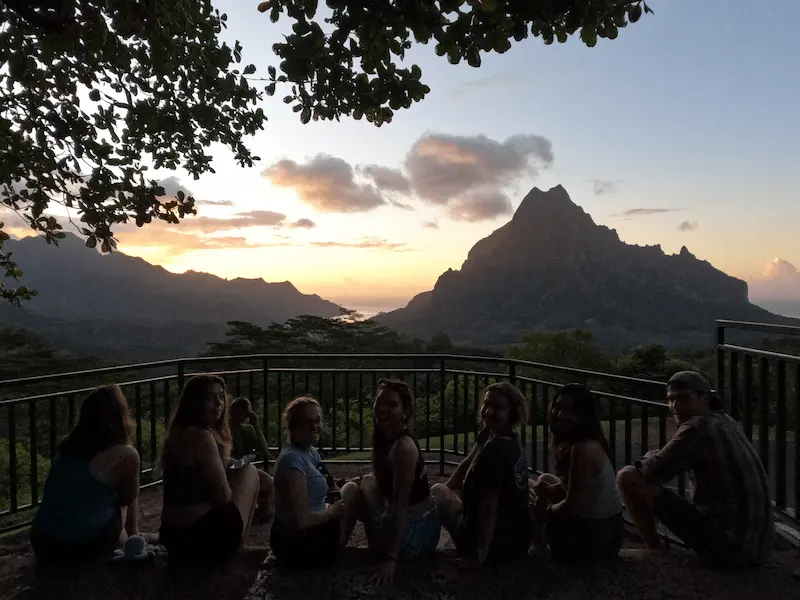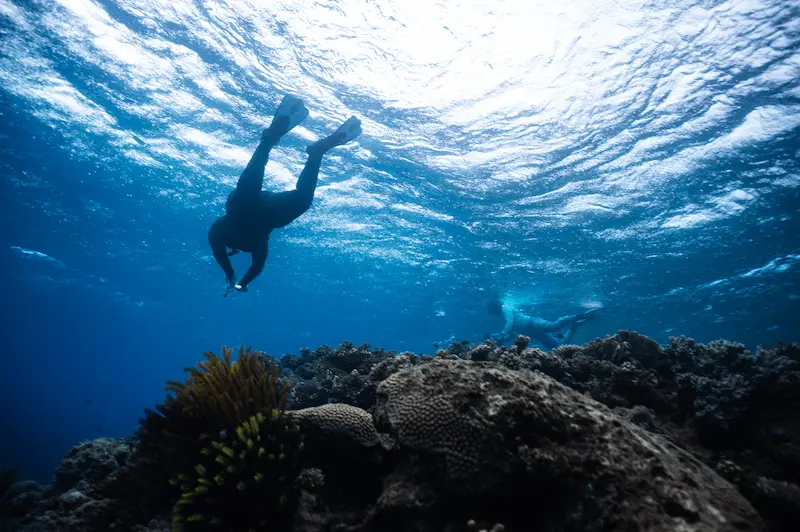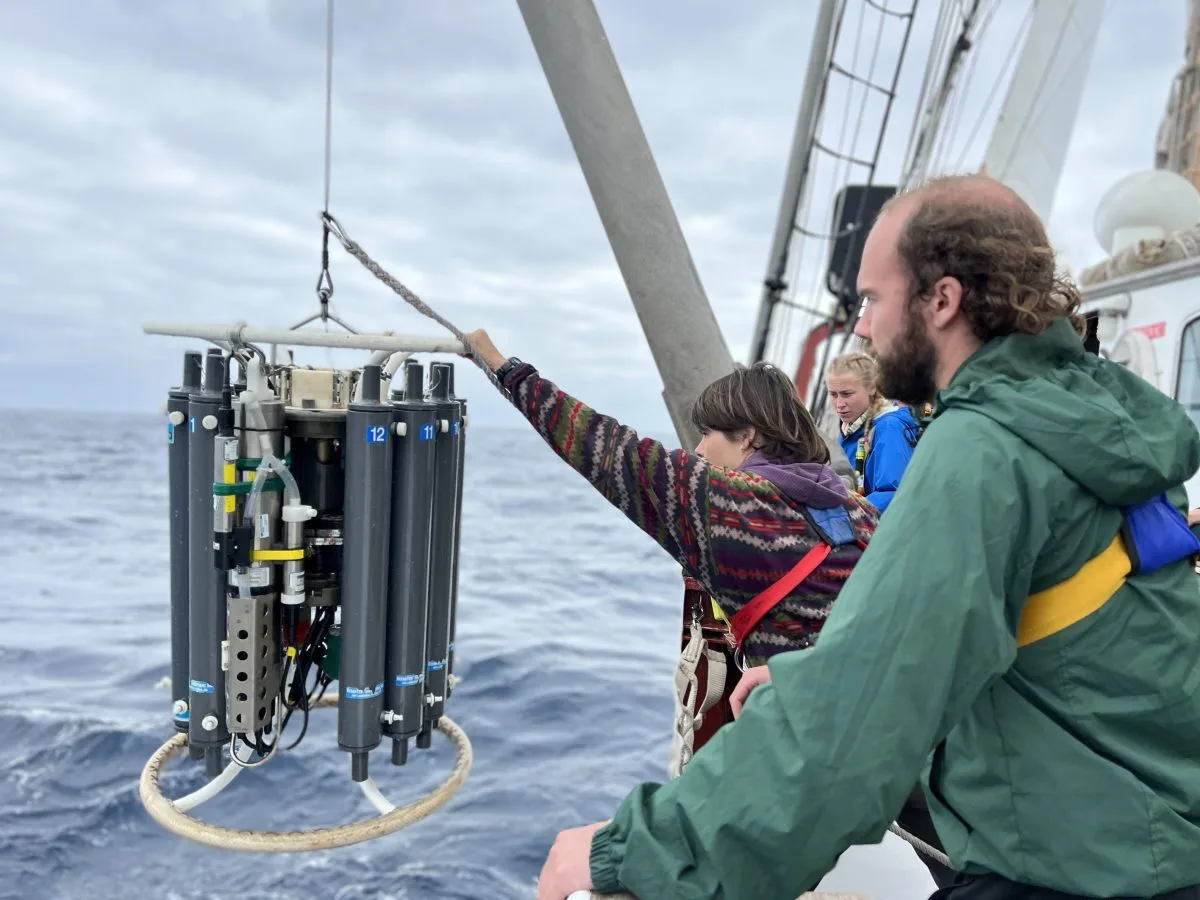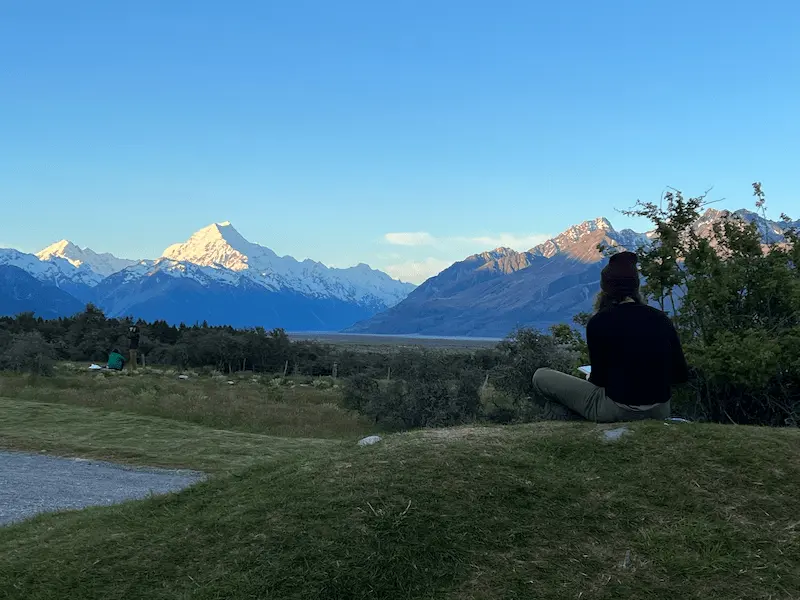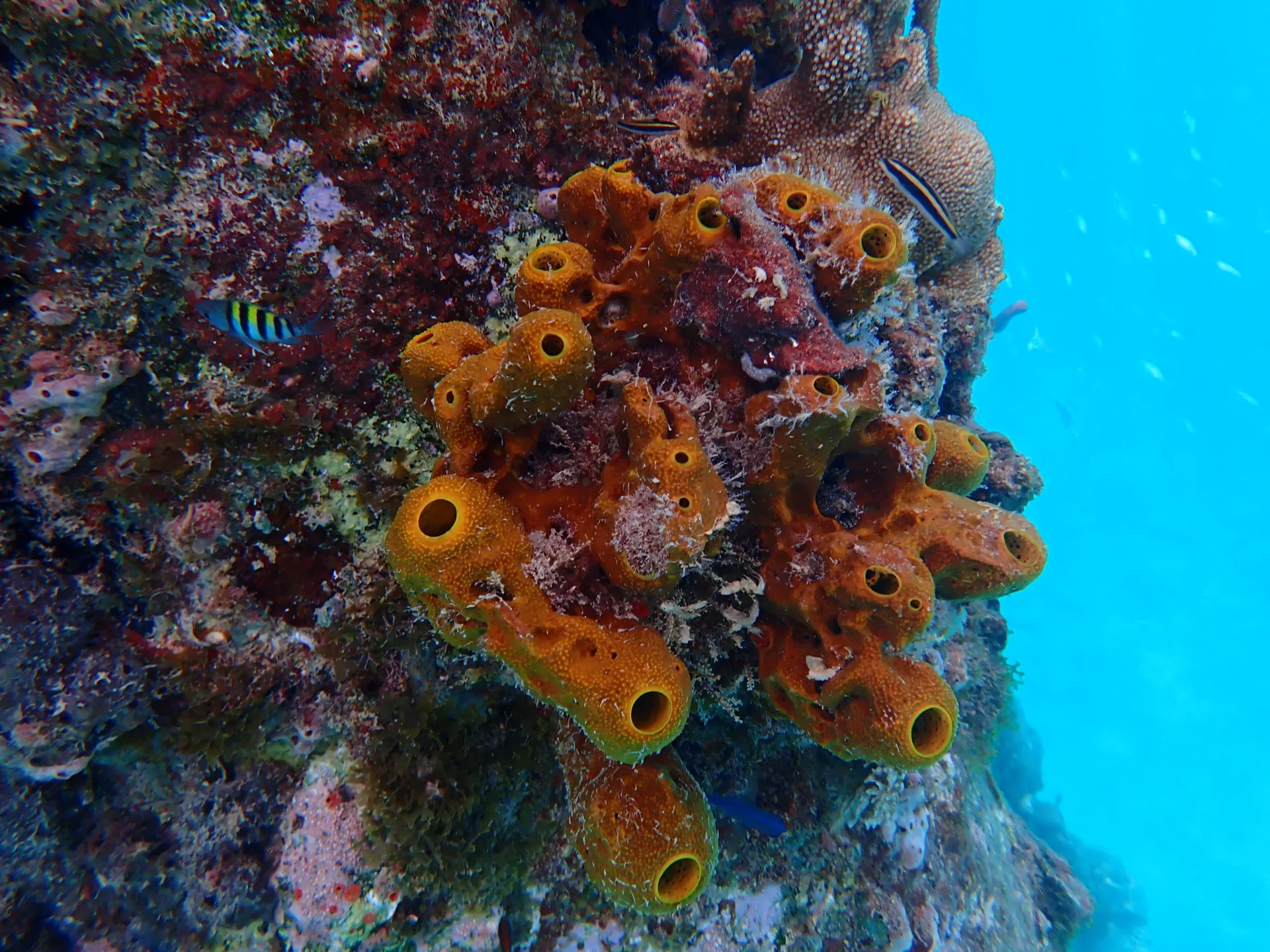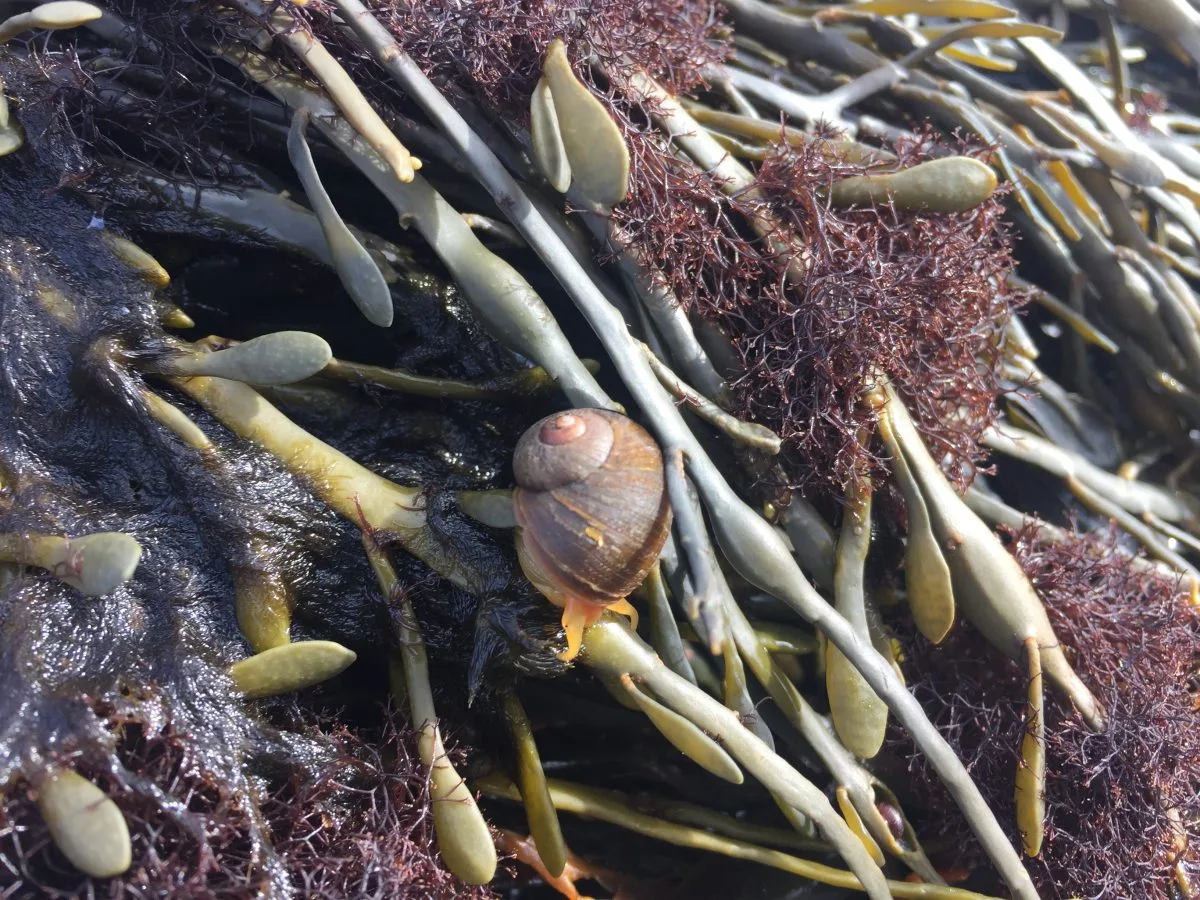Sustainability in Coastal Communities - Spring 2026
“The human economy depends on the planet’s natural capital, which provides all ecological services and natural resources. Drawing on natural capital beyond its regenerative capacity results in depletion of the capital stock.” Wackernagel et al 2002, PNAS.
“Ecological overshoot” describes the numerous ways in which human consumption of natural resources outpaces the regenerative capacity of marine and terrestrial species and ecosystems. Manifestations of ecological overshoot are felt acutely in the Global South, particularly in small island states. While climate change impacts such as sea level rise and increased storms and droughts understandably get a lot of attention, they are indicators of the much broader problem of maladaptive human interactions with the surrounding natural world. Island communities feel the impacts of the choices we make in managing our natural capital, from our dietary preferences and waste disposal practices to the unsustainable ways we make use of our forests and fisheries.
In this island-based, multidisciplinary new program we examine the causes and consequences of ongoing large and rapid global environmental changes through the perspective of islands in and near the Fijian Archipelago in the South Pacific. The coral reefs and tropical forests of the Pacific Islands are areas of high biological diversity, and their human populations possess an equally rich diversity of histories, languages, and social practices developed over time to meet the challenges of managing very finite marine and land resources. Today, (neo)colonial suppression of cultural practices and western values of consumption have undermined the connections between Indigenous communities and their environment.
In this program we explore these issues from a broader perspective than just the warming climate: that of ecological overshoot – the economic, social, and political processes and behaviors that lead to resource depletion and habitat destruction. These processes and practices are unevenly distributed, with greater exploitation of oceans and forests occurring in the industrialized Global North. Ecological overshoot encompasses the climate crisis driven by the excess wastes we generate, such as carbon dioxide, as well as the ever-increasing rates and complex patterns of resource use that characterize human life in much of the world.
What lessons should we learn from how Pacific Island communities are meeting these challenges? How can we interact with these communities in ways that are collaborative, equitable, and sensitive to the particular issues that each faces? Starting on SEA’s campus in Woods Hole, we’ll begin to frame our investigations through shared lectures and field trips to nearby islands and coastal communities. For the second half of the program, we’ll travel to locations in Fiji and nearby island groups, where we’ll engage with local communities, fishers, farmers, academics, and eNGOs. Together with them, we’ll use the social and natural science research tools we developed in Woods Hole to develop a comprehensive, nuanced understanding of how the climate crisis and the pressures of western consumer culture are being felt in these communities.
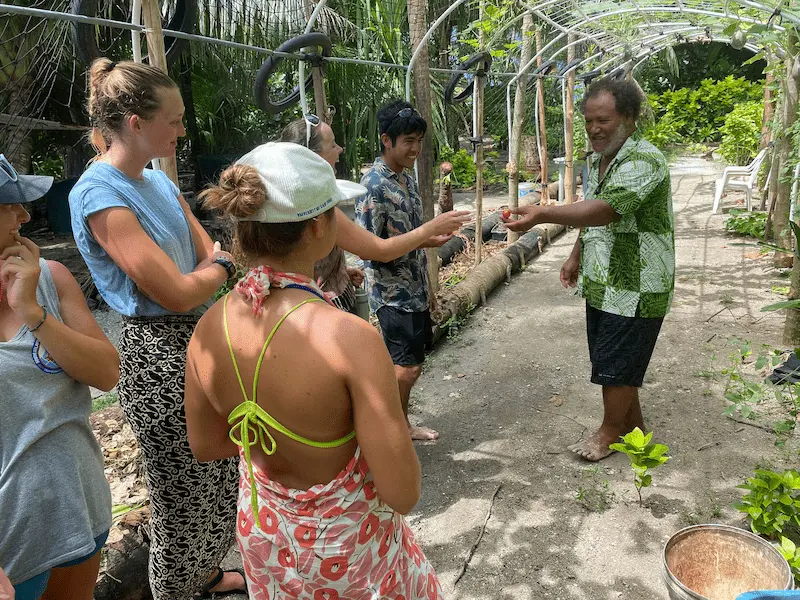
Learning Objectives
Locations
Fiji & Vanuatu
Academic Credit
Course Descriptions & Syllabi
This program carries 15 semester hour credits from Boston University for successful completion of the program.
Marine Environmental History300 level, 4 credits, CAS NS 323
Employ methods and sources of historians and social scientists. Examine the role of human societies in coastal and open ocean environmental change. Issues include resource conservation, overfishing, pollution, invasive species, and climate change.
Cultural Landscapes and Seascapes: A Sense of Place300 level, 3 credits, CAS NS 327
Field-intensive analysis and documentation of dynamic relationships between nature and culture in specific coastal, island, and ocean places. Apply cultural landscape and related interdisciplinary bio-cultural approaches to place-based environmental studies.
The Ocean and Global Change200 level, 4 credits, CAS NS 326
Ocean ecosystem change in the anthropocene: warming, acidification, fisheries depletion, and pollution. Review principles of circulation, seawater chemistry, nutrient dynamics, and biological production to understand causes and consequences of change. Conduct field measurements for contribution to time-series datasets.
Advanced Research Topics400 level, 4 credits, CAS NS 433
Advanced humanities and social science seminar focusing on contemporary climate-related issues including urban/coastal resilience, poverty and justice, clean energy, human displacement, and national security. Emphasizes case study analysis and research methods. Requires data collection, research paper and written proposal for publication or distribution of results.
